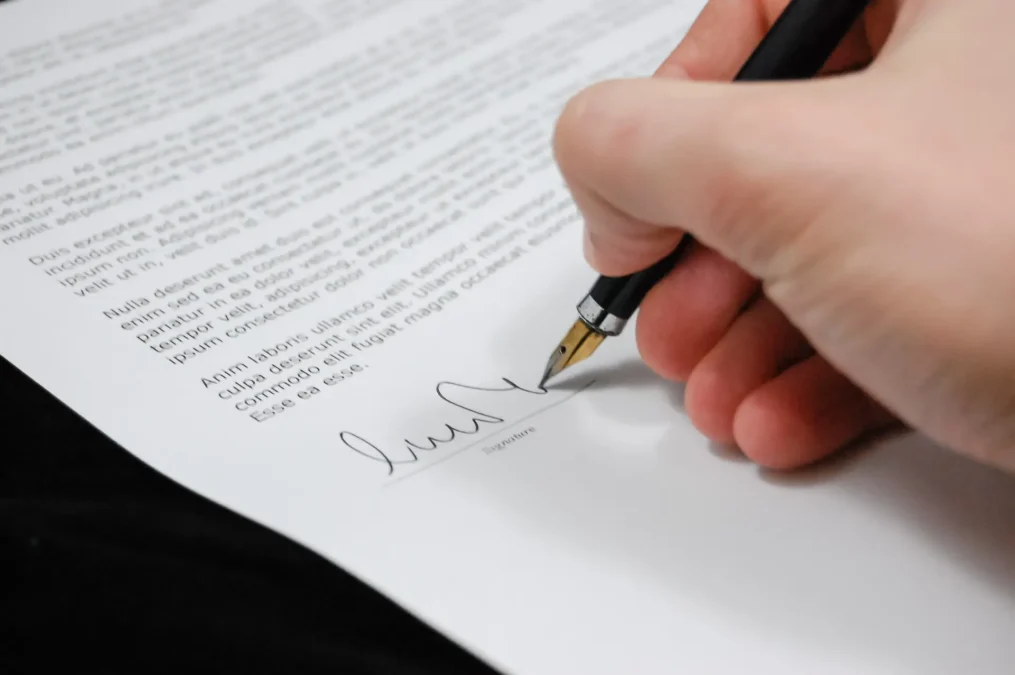How to make a cover letter to get you that job interview
What makes a good cover letter?
This is a question I have been pondering recently because, as an employer, I receive and review many cover letters. As with many business leaders, I am constantly on the search for good people for my team. This requires a constant cycle of advertising, appraising applications, and interviewing potential candidates for roles. It is time-consuming, particularly the interview stage, and therefore the initial sift of candidates at the application stage is all important. Generally, this requires filtering tens (and potentially hundreds) of applications down to single figures. When it comes to interviewing, I rarely see more than three people for a given role.
It is also a costly process. The direct cost to a company is an average of $4000 (according to Glassdoor) when you consider the cost of marketing, time clocked by recruiting staff, systems cost etc. But the real cost is much greater, up to double the salary of the new employee in their first year according to some estimates. Therefore, as the head of an organisation, I want value for money and a return on my investment. To ensure this, I want the best chance of making the right decision, and that decision-making process starts with applications and cover letters.
What is an employer looking for in an employee?
So, as an employer, what am I looking for?
That is an obvious question, but the answer may not be exactly what you think. And that is because it is not just about someone’s qualifications. In fact, that is not my most important criterion.
When I am hiring someone, I am thinking about the 3 Cs of character, competency, and chemistry. The 3Cs is a model I learned early on in my career, and I have found it profoundly helpful in selecting team members. The 3Cs come in a priority order as follows:
- Character. Character is the most important factor as it is the hardest thing to change. In. In other words, it is easier to teach people new skills than to develop better character. Unfortunately, I learned this from the painful experience of having to fire highly capable people because their character undermined the overall performance of the team.
- Competency. Competency comes second and is about the ability to do the job. This is partly qualifications and experience, but it is also about an ability to learn, as no role or job description is static. People need a growth mindset if a business is to grow. I also want to employ people who can develop to take on new challenges and responsibilities.
- Chemistry. Chemistry, the feeling that someone is a good ‘fit’ is important but comes third in this list. We are all wired to like people who are similar to us, and this can help build community in a team. However, this instinct can lead to a lack of cognitive diversity in a team and lead to unhelpful biases such as groupthink. As a leader, I want people who have different perspectives to me. I know I will not be everyone’s best buddy, but an environment respectful challenge is healthy. And, as this sort of environment builds trust, it is likely that in time (if you have chosen someone of good character) the chemistry will come.
The importance of a good cover letter
If you think of the 3Cs listed above, you can see where they are best demonstrated in the recruitment process. You get a feel for chemistry when you meet someone at an interview. You get an idea of competency from a person’s résumé. That means that the first real insight into a person’s character comes from their cover letter. That is why it is so important. It helps to answer an employer’s most important question and it also helps job candidates to rise above other applicants.
Making an impact is important if you are going to make the first cut and make it to the interview stage. So, what makes people notable? Well, a well-written application, (usually in the form of a CV (curriculum vitae or résumé), is very important. But the cover letter is the best opportunity to get ahead of other applications.
The first reason for this is that not everyone writes one. Many people just send out CVs speculatively, sometimes in their hundreds. This carpet-bombing approach to job hunting means the person is likely to eventually hit a target but they might miss out on some opportunities that come about from a more targeted approach.
Taking the time to write a cover letter is an indication of a more targeted strategy. Even just seeing that a person has included a cover letter, and all that implies, means that I am more likely to look favourably at someone who has written one.
How to write a good cover letter
Whether you are writing to land a new paid job, a voluntary role, or a place at college, the principles are much the same. Remember, the primary aim is to get beyond the initial sift and get an interview. Having seen countless job submissions, here are the 3 Ss that help applicants get to my shortlist.
The 3 Ss of writing a good cover letter
Stand out (in a good way)
Think about the initial impact of your letter. The quality of the envelope and paper (the stationary) is the first thing someone sees so invest in something good. White is the standard, but you could consider another colour. If you do, then it is worth getting a second opinion, especially before going too bold on colour choices.
Consider writing by hand with a quality fountain pen. It is a rare treat to receive handwritten letters these days, so it is worth considering, but only if you have legible handwriting! Even a handwritten address or signature block adds an element of class to an otherwise printed document so experiment.
And don’t stand out in a bad way! For example, poor formatting, typos, and spelling mistakes stand out when someone scans your letter and will probably put them off from reading more. It undermines the hard work you have put in so use a spell checker and a proofreader.
(Be) Succinct
The letter should be short; one page at most and made up of 3 to 5 paragraphs. When you are structuring your letter you can use The Rule of 3 or a similar model to help you compose the content. A manager is likely to only glance at your letter, so remember, it needs to communicate a lot in a few seconds or get them interested enough to read more.
Therefore, the opening sentence and paragraph are the most important – they are your hook – so take the most time on these. Be positive and enthusiastic but be careful of using humour as it often doesn’t land with the reader. Getting the right tone is difficult so it is worth getting some feedback on your initial draft.
When crafting your letter, yes, look at examples to get ideas but no, don’t just copy and paste into someone else’s template. Make it your own. And no, no, no, don’t get an AI app to write it for you!
Start with Why
Think of the cover letter like an essay problem and remember, ATFQ! In this case, the critical question is: Why should the employer invite you to interview? To answer this question, you need to have done your research. You need to understand what the company wants, where it is going and who they like to employ. The employer has a problem they want to solve so be future-focused and lay out how you can help solve that challenge.
Simply put, why you? The CV covers your competencies, so here (as mentioned earlier) is a chance to introduce the deeper you; your character, personality, and what makes you tick. Give it a personal touch; remember you trying to build rapport with another person so give opportunities for empathy.
When answering why questions I often think about values. What are your personal values and how would those compliment the organisation’s values? Why are you passionate about the role? What do you find attractive about the company’s mission? These are things, as an employer, that I want to hear about.
It is worth spending time thinking about the ‘why’ question because, if you can’t answer the question, then the job is probably not right for you. You will be doing yourself (and probably the company) a favour if you stop your application there if you cannot think of a good reason why you want the job and why someone should hire you.
Some last words of advice from an employer
When applying for a role, if you want the best chance of getting past the initial sift of applications then a good cover letter will definitely help you.
Remember, as an employer I am looking for character, competence, and chemistry in that order. Your cover letter is a chance for me to get a glimpse at your character, so make it count. It is as important as your CV, often more so.
As you draft your letter make sure you stand out in a good way, that you keep it succinct and you start with why, helping the recruiter quickly see how you can help them solve their problem.
And good luck! I wish you all the best in landing your next role.



